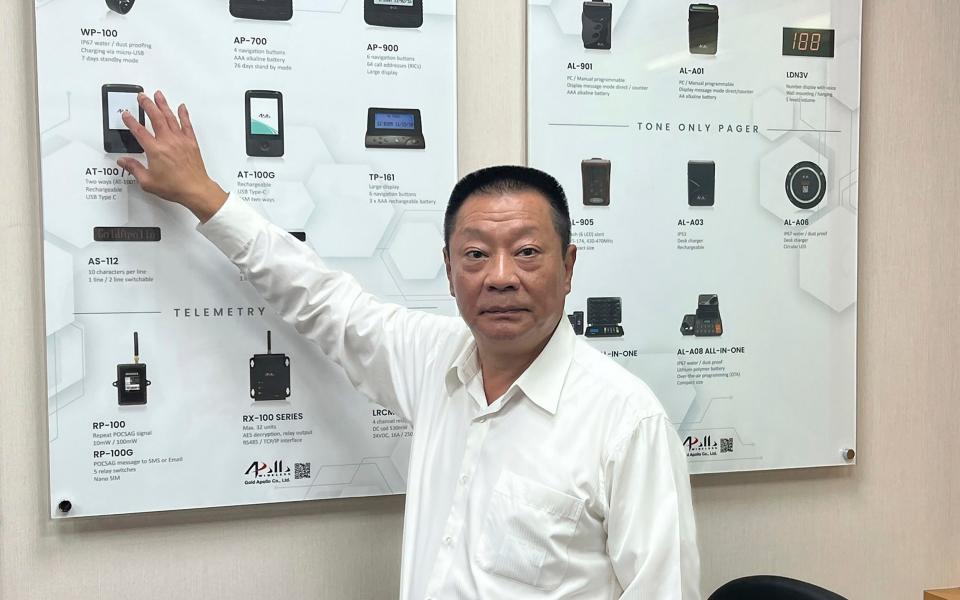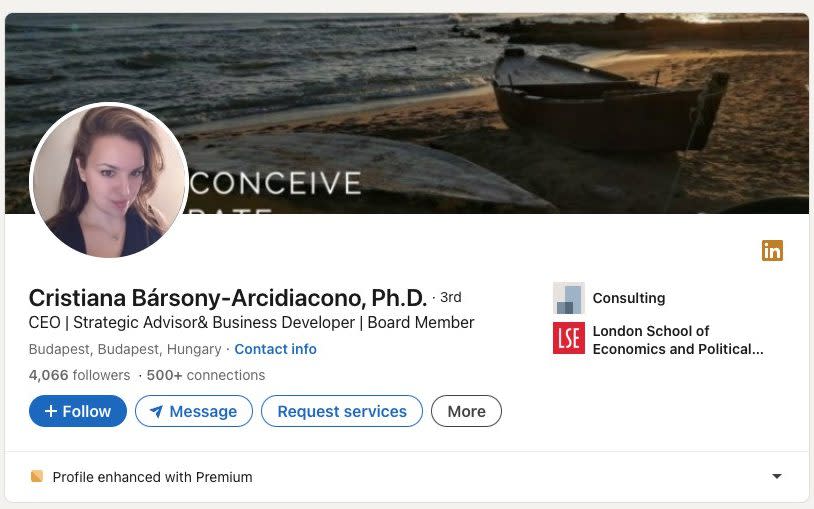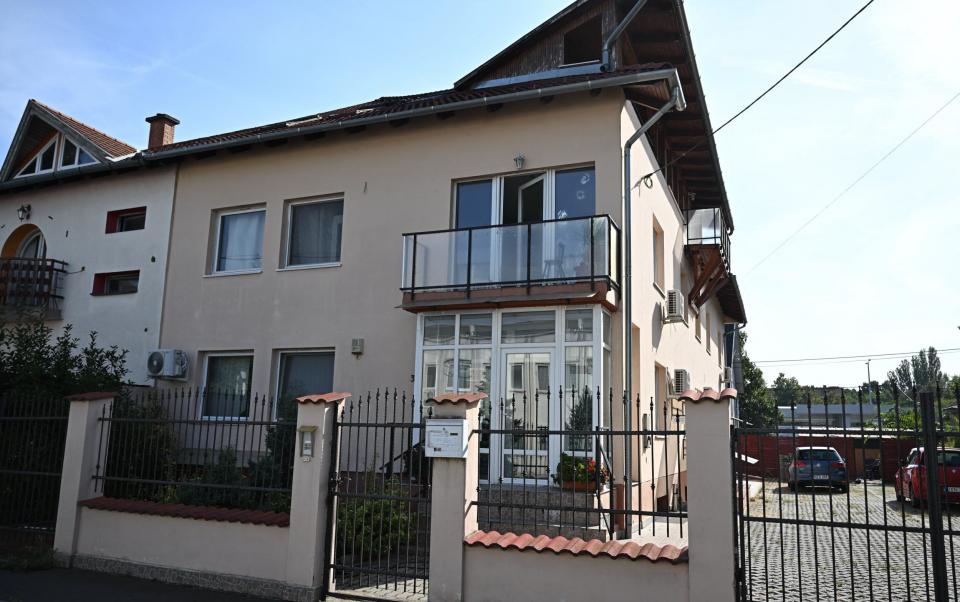A British-educated entrepreneur has denied manufacturing the pagers that wounded hundreds of Hezbollah fighters in a simultaneous explosion on Tuesday afternoon.
The devices, used by the Lebanese terror group to communicate securely, wounded more than 3,000 people and killed at least 12 in an audacious Israeli attack.
The Taiwanese firm whose branding was on the devices said on Wednesday that they were manufactured in Hungary.
Gold Apollo said “the design and manufacturing of the products are solely the responsibility” of Budapest-based BAC Consulting KFT, which was authorised to use its brand as part of a three-year-old licensing agreement.
“We may not be a large company, but we are a responsible one,” said Hsu Ching-kuang, the chairman. “This is very embarrassing.”

However, Cristiana Barsony-Arcidiacono, the CEO of BAC Consulting, said “I do not make the pagers. I am just the intermediary. I think you got it wrong” when reached on the phone by NBC News.
Around three grams of explosives are reported to have been placed into the AR-924 pagers in a sophisticated supply chain infiltration.
Israel moved to trigger the explosions because it feared the sabotage plot had been exposed, Axios news reported.


After calling a press conference at Gold Apollo’s New Taipei headquarters, Mr Ching-kuang told reporters the company was a victim of the incident, that he planned to sue BAC and that he did not know how the pagers could be rigged to explode.
He also claimed there had been problems with remittances from the firm. “The remittance was very strange,” he said, adding that payments had come through the Middle East but did not elaborate further.
Ms Barsony-Arcidiacono studied at LSE and worked for Unesco, according to her LinkedIn page. “I have with love devoted myself to science and development,” she wrote on the page.


Between 2015 and 2017, she studied politics at LSE, having earlier completed a degree in sustainable development at SOAS in London. She also recently worked with the European Commission as an “evaluation expert”, her LinkedIn said.
On the BAC consulting website, which was impossible to access by Wednesday morning, the company said it was involved in “bridging technology and innovation from Asia”. It said the firm helps telecommunications businesses in Asia scale up to reach new markets.
The company’s address was registered to a residential-looking two-storey building in Budapest. The company’s name was posted on the glass door on an A4 sheet.


The Hungarian government, led by Viktor Orban, is a staunch supporter of Israel in its fight against Hamas.
His close ties with Benjamin Netanyahu, the Israeli prime minister, led to Israel’s qualifying football matches for Euro 2024 being played in Hungary after UEFA suspended home games in the country because of security concerns.
In February, Hungary blocked a formal communique by EU foreign ministers calling on Israel not to attack Rafah. The message was sent informally on behalf of the 26 other ministers.
Hezbollah and the Lebanese government have blamed Israel for the sophisticated remote attack, which has raised fears that Israel’s war on Hamas could escalate into a regional conflict.
The group used pagers to dodge intensive Israeli surveillance on Lebanese mobile phone networks.
Taiwan’s Ministry of Economic Affairs said that, from the beginning of 2022 until August this year, Gold Apollo exported 260,000 sets of pagers, including more than 40,000 sets between January and August this year.
The ministry said the pagers were exported mainly to European and American countries and that it had no records of direct exports of Gold Apollo pagers to Lebanon.
The AR-924 pager, advertised as being “rugged”, contains a rechargeable lithium battery, according to adverts on Gold Apollo’s website, which appeared to have been taken down after the attack.
The beeper can receive texts of up to 100 characters and has up to 85 days of battery life – vital in Lebanon, where electricity blackouts are common.
